The Reality of Living in a Sharehouse
Sharehouse Living:
The Good, Bad, and Inbetween
real talk on living the Terrace House dream in tokyo, japan
Hello!
Quick update: I’ve moved out of Portland and am back in Tokyo. However this time instead of running around at odd hours working in three different restaurants at once, I’m working in a tall skyscraper office right next to Roppongi designing away on the 43rd floor overlooking Tokyo. Crazy!
While I’m not slaving away at corporate life, I’m spending time at home in my 20-person sharehouse. There’s lots of good, some bad, and a handful of inbetween. Hopefully this post also addresses a question that I receive more than I’d like to admit - is it like Terrace House? Before getting into it, here are some basics:
What is a sharehouse? Similar to co-ops, co-living spaces, etc. they’re all under the same umbrella with very few differences. Big house with small, personal bedrooms and shared kitchen, bathrooms, and common spaces.
Are sharehouses common? In Japan, yes .. and it seems particularly so among foreigners.
Are sharehouses cheap? Yes and no. While living with others generally bumps the rent down, living in a sharehouse or social house can actually err on the pricier side. You pay for the social lifestyle.
Didn’t you just post a video about this? Yes. Yes I did. Quarantine has blessed me with a lot of time.
Is it like Terrace House? Basically ;) (scroll to the bottom for the actual tea)
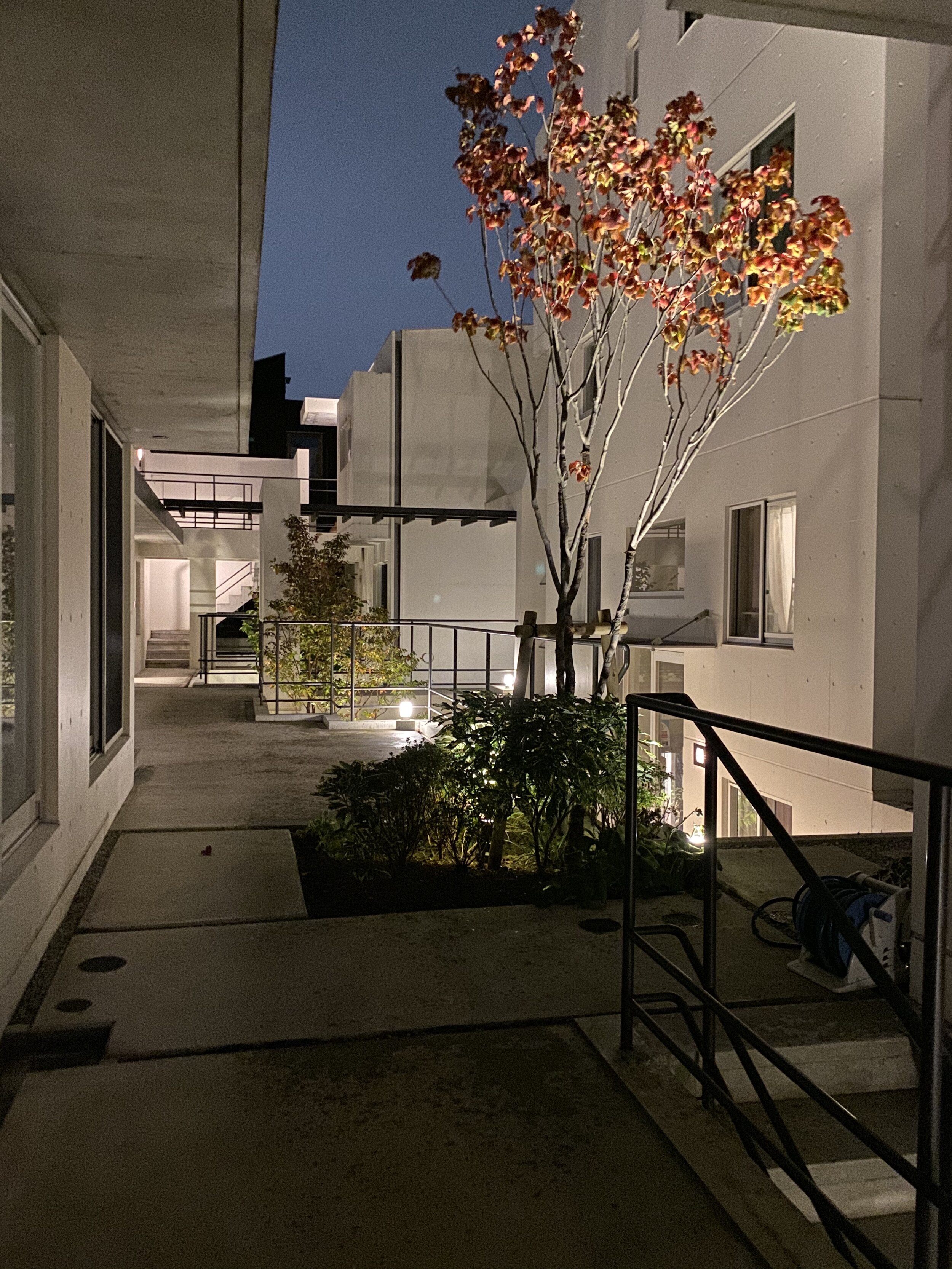
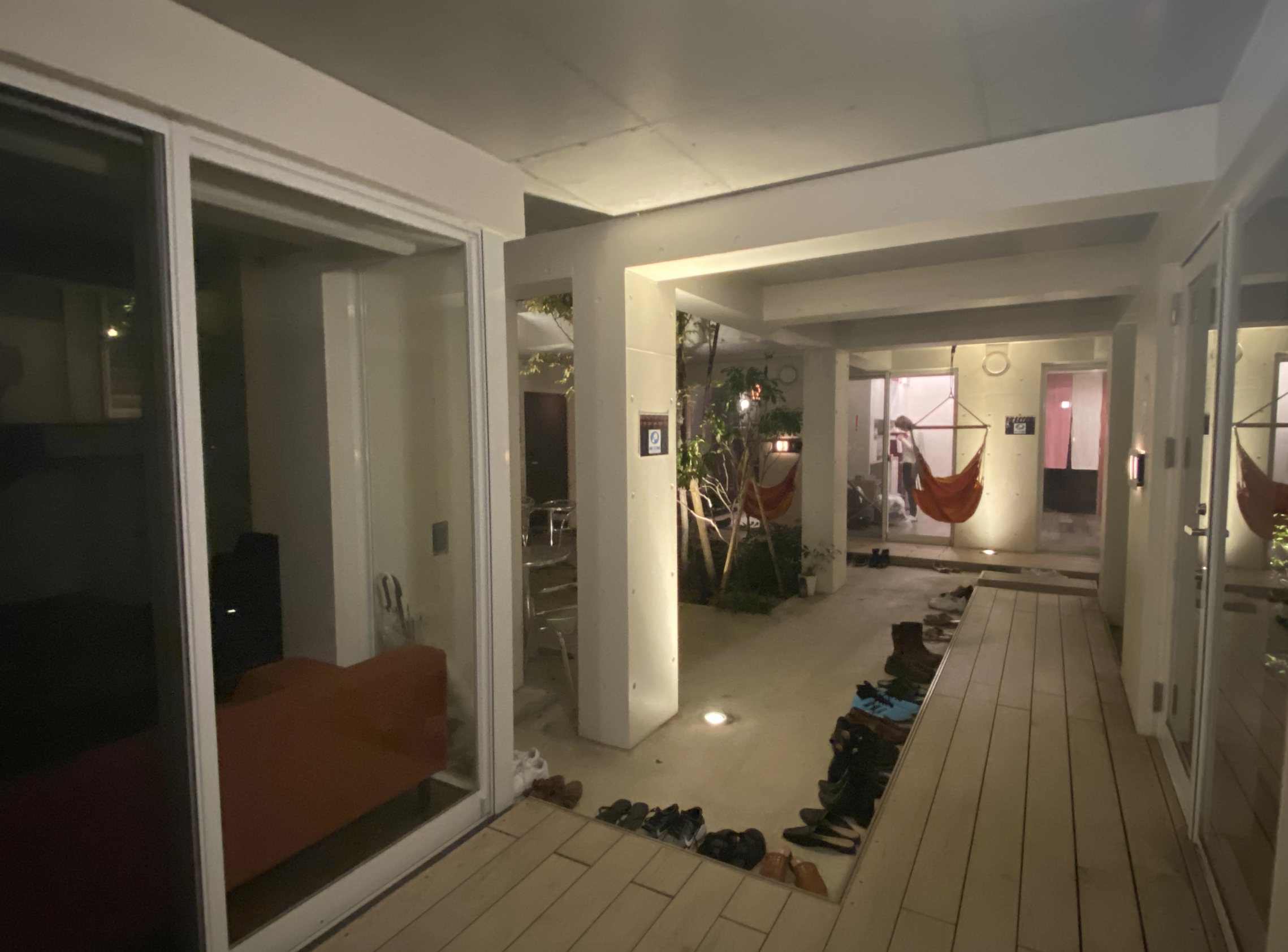
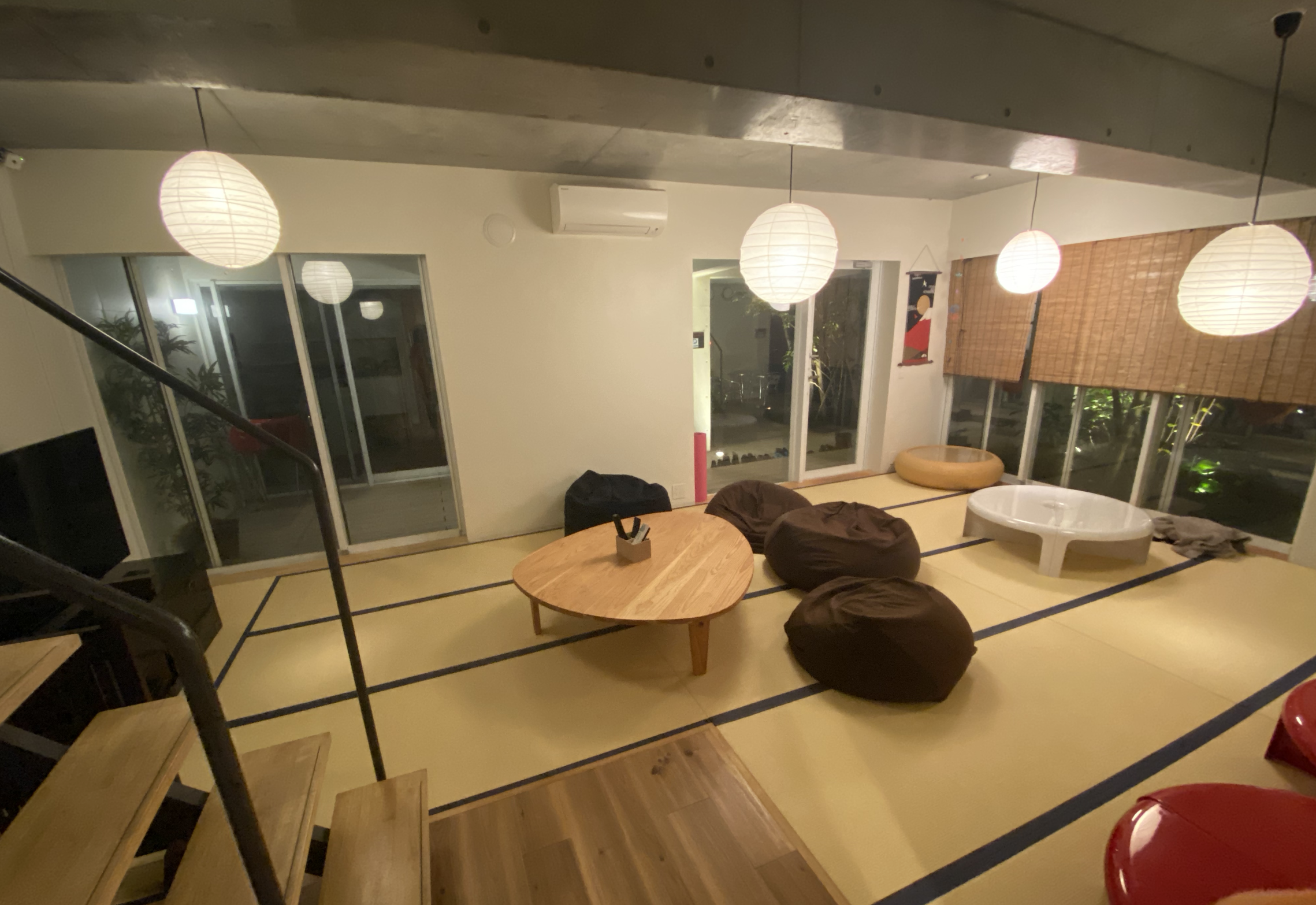
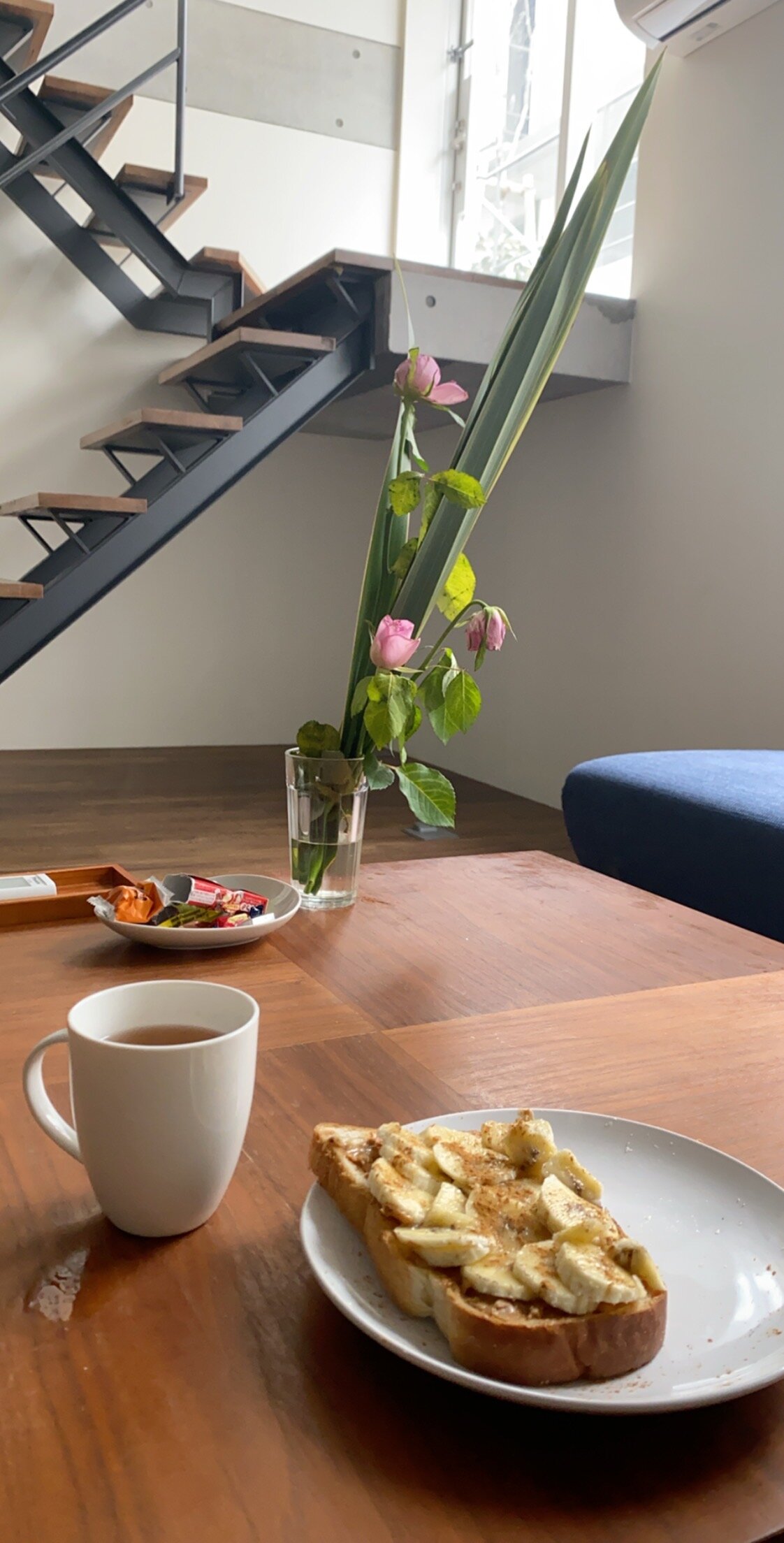
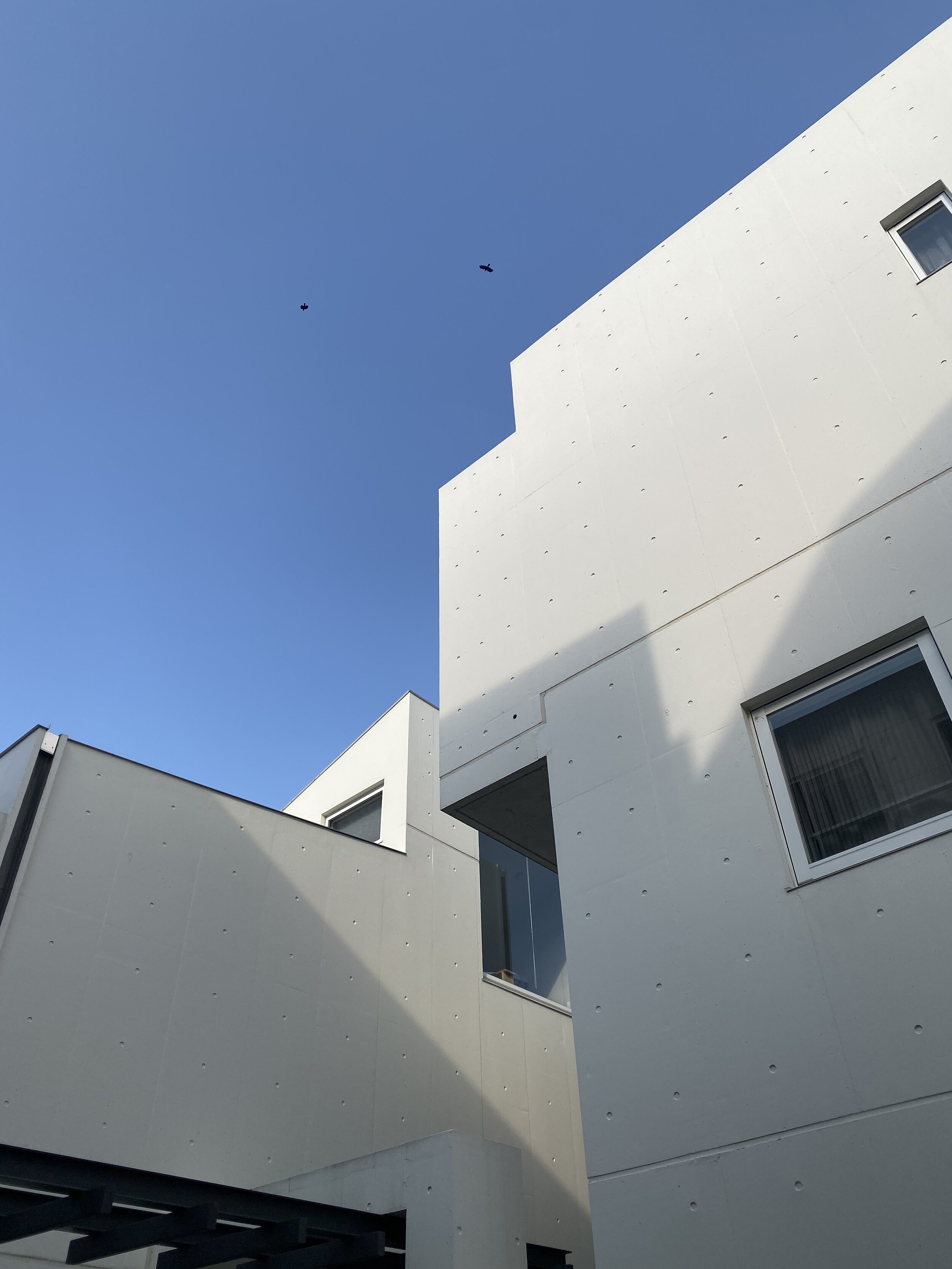
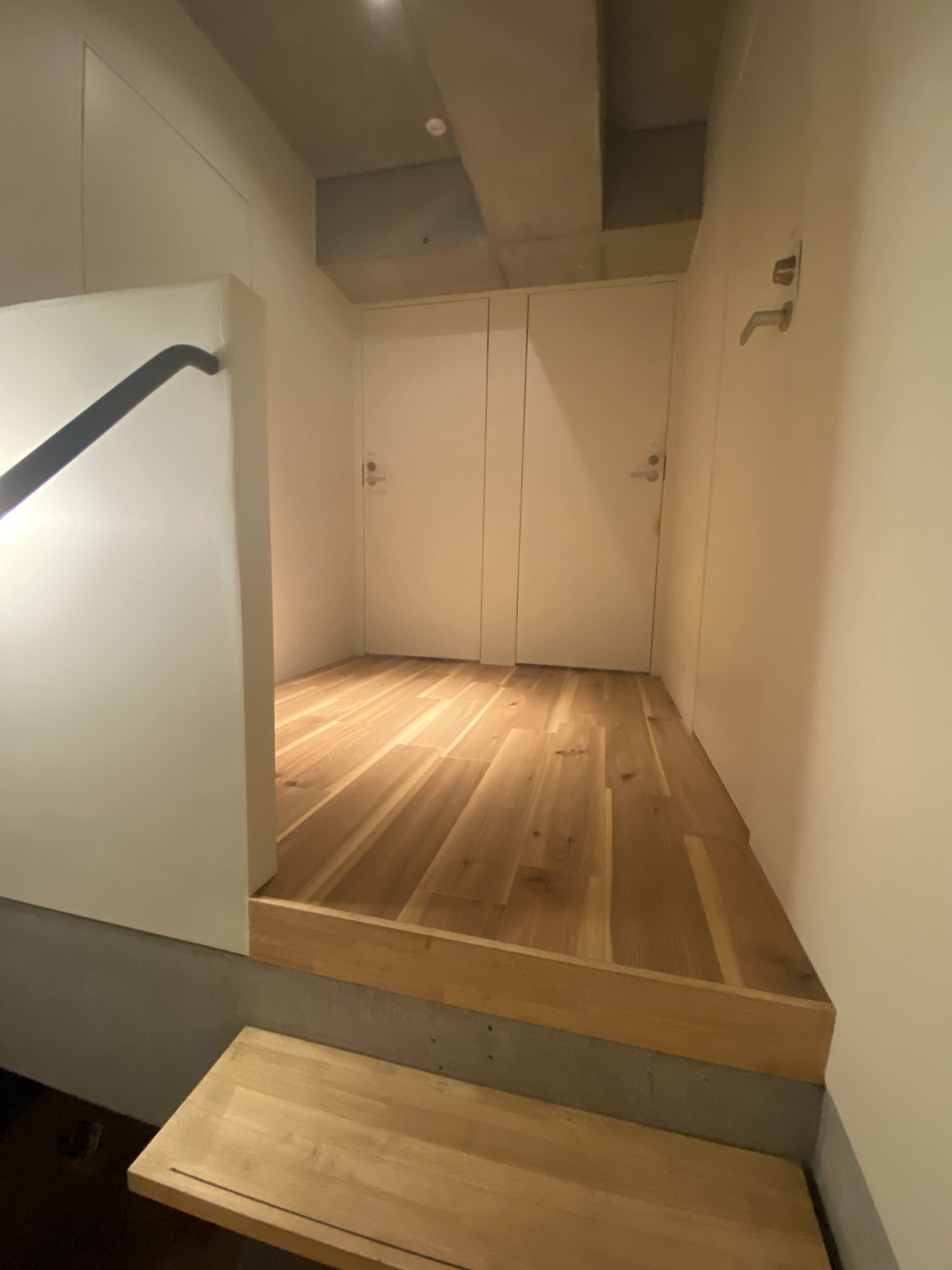
THE GOOD
EVERYTHING GOOD ABOUT LIVING IN A SHAREHOUSE:
The people. If this isn’t the obvious part, the best part about living in a sharehouse is the community! Similar to why you’d choose a hostel vs a motel (given they were in the same price range), you meet a lot of cool, interesting people with tons of unique experiences. People from all over the world come to Japan starry-eyed, so it’s usually quite fun to indulge in the country together. We have a mix of Japanese, Australian, Taiwan, the UK, Czech, and America.
Japanese practice. Most sharehouses have a 50:50 Japanese to foreigner ratio, with halfies getting caught somewhere in the mix. Most Japanese want to practice their English but need a partner; you probably want to practice your Japanese and need a partner .. perfect! It’s friendly practice you can’t really go wrong with.
You’re never bored at home. This goes back to the people and how social you choose to be. Given you’ve got an inviting common area, there’s always someone hanging around and likely is always up for a chat. Or if you want to watch Netflix with someone. Or just drink some tea with company. Or take a walk to the grocer with a friend.
You learn. This is a big one for me. You’ve got people from all over under one roof - why not talk to them? Chances are they’re from a culture vastly different from yours; eat different cuisine, speak a different language, think different opinions. It’s inspiring!
You learn (yes, again). Emphasis on how invaluable this is. For example: I spend most time in the kitchen with my crazy, sarcastic, marketing-genius Australian friend (who has an impeccable skincare routine and great lashes). When she’s not there, I spend time with a lovely couple who flew from Taiwan to Tokyo to be patisseries at a $$$ local bakery. When they aren’t there, I spend time with a Czech dude who loves talking politics, philosophy, and history - all of things I’m generally uninterested in, but enjoy talking about with him because his enthusiasm. So yes - lots of things happen in the kitchen!
Weekly cleaning service. Self explanatory.
Utilities, maintenance, etc. are taken care of. Good for non-Japanese speakers.
Safe. Greater sense of security being in a country where you can’t speak the language. When you get sick, how to register for things, how to cancel subscriptions, etc. Someone’s always there to help.
*Most of my pros are under the assumption you are relatively friendly, greet your roommates like a normal person, enjoy leaving your room, and don’t smell bad.
THE BAD
EVERYTHING NOT SO GOOD ABOUT LIVING IN A SHAREHOUSE:
Rooms feel like college. This can be a pro for some of you. Depending on the architecture of your house, there’s big risk of college dorm PTSD. Small rooms with single beds. Limited storage space. Shared bathrooms. Needing to poop but low-key waiting for your housemate to finish brushing their teeth and return to their room so you can have the privacy you deserve. That type of stuff.
Management (Privacy). This is also house-to-house, but my sharehouse has cameras in every common space. The cameras even have little audio intercoms where management can scold you if you’re being to noisy. Once my roommates and I were having a late dinner with some wine (12am on a Friday), and we were so startled when a voice started talking to us through the camera. Turns out management was telling us to “STOP THE PARTY.” Shivers.
Cleanliness. Most places have cleaners x2 a week, but in between visits it’s up to us. People leave dishes. People forget to clean crumbs. People leave shit on the couches. Adjusting your tolerance is key.
Privacy. The only space that’s “yours” is really your room - and even at that, it’s still everyone’s business. Most houses are set up where you have to go through a common space to get to your room, so there’s no hiding anything.
Bringing someone home. No privacy. Thin walls. College dorm flashbacks. Walking your date through the sharehouse with the potential of running into your housemate, following smug eyes and questions the following morning. That is all I will say.
The people. Just as the people is a pro, it is also a con. Depending on your luck, you may be stuck with some of the crappiest housemates that are cold, super messy, or too strict. Or a mix of all. Most sharehouses have short term leases, or are big enough where you can avoid certain people if you tried. When there’s someone I don’t like, I tend to just leave and go into another room.
THE INBETWEEN
THE INBETWEEN NO ONE TELLS YOU BEFORE MOVING IN:
Be friendly. Most people are here to share their lives with others, and no one wants to live with someone who walks with arrogance.
Sharehouses can be expensive. There are budget options (that likely won’t bare the pros listed above) - so you pay partially for the experience.
Be open minded. It helps when you’re living with such a wide variety of people.
It’s your home away from home! Treat everyone like family and your experience will be much better. It’s quite nice coming home to your friends greeting you with smiles and “welcome home”’s. Even if you aren’t a people-person. People bring omiyage (souvenirs). People share. Wholesome at its finest.
It’s only 30% like Terrace House.
…so is it like terrace house?
This might be the most common question I get from my friends at home: is it like Terrace House?
The Verdict: 30% Yes. 70% No.
The 30% that overlaps is the actual sharehouse part - living in a big house with people you don’t know, being inspired by your flatmates, and some drama that goes on among certain members. I use “drama” loosely. Drama in a real life sharehouse is figuring out who didn’t take the trash out, or who left a pile of dishes in the sink before the long weekend - and maybe the occasional “did you see who they brought home last night?”
The 60% that is not like Terrace House is, well, everything else. Most sharehouse mates have normal office jobs in marketing, IT, etc. and aren’t full time models, coffee shop owners, designers, or musicians. Everyone is pretty normal looking. You’ve got your handful of lookers for sure, but it’s not everyday your flatmate is a tall, half European-Japanese with a chiseled jawline. Unfortunately.
There is very little drama (yes, even more little than the craziness that happens on the actual show). No drama between two guys fighting over Hot Girl, no drama of Who Ate the Expensive Meat, no drama over if he or she is “fair game.” When you first move in, the girls don’t all rush over to you and ask who you fancy. I actually find that I don’t talk about the other sharehouse mates much at all.
There is also not that much interaction that goes on. At the end of the day, everyone lives their own lives independent from one another. Some nights no one’s in the common area at all. Terrace House actors are on the show to interact - of course they’re going to socialize! Most people in real life are occupied with their own lives - yes there’s still a sense of community at the house, but it’s very rare to have everyone in the house eating dinner, laughing, and discussing when they’re going to see their flatmate’s next live show. You know?
I hope you enjoyed!
As a mid-20’s emi-motived and slightly social person with an office job, living in a sharehouse is quite nice. I’ve enjoyed it so much I’ve actually started looking at similar living situations back in the States (unfortunately they are much less common than in Japan).
Until next time. :)









